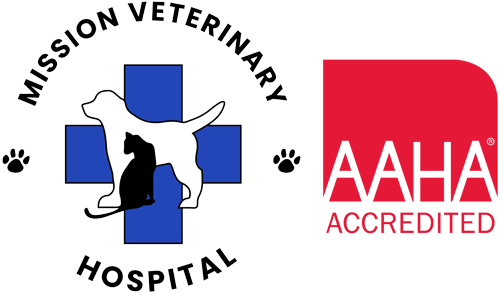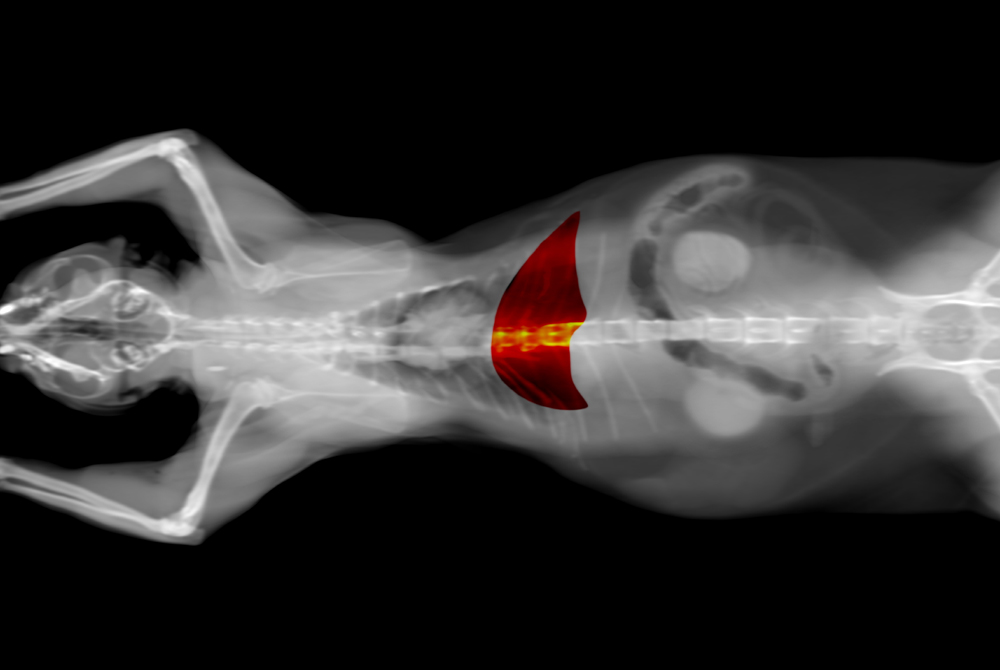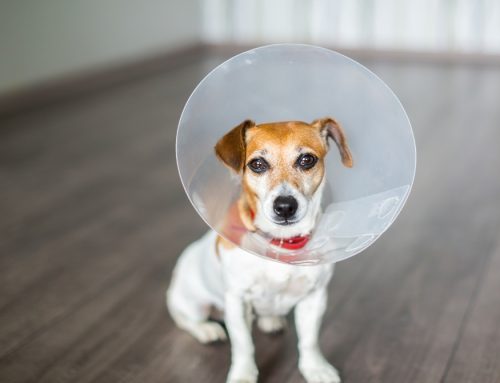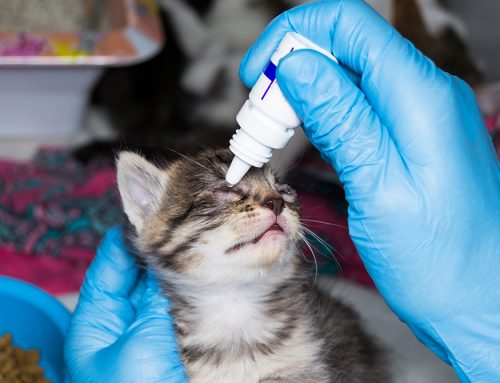Overview
Liver disease in pets is a common but serious condition that can affect dogs and cats of any age or breed. The liver plays a vital role in your pet’s overall health by filtering toxins, producing bile for digestion, storing vitamins and minerals, and supporting metabolism. When the liver is compromised, it can lead to a variety of symptoms and potentially life-threatening complications.
Causes
Liver disease in pets can be caused by various factors, including:
- Infections: Bacterial, viral, or fungal infections can damage liver tissue.
- Toxins: Ingesting poisonous substances, including certain medications, plants, or chemicals, can lead to liver damage.
- Genetic Disorders: Some breeds are predisposed to liver diseases, such as copper storage diseases in Bedlington Terriers and Doberman Pinschers.
- Inflammatory Conditions: Chronic inflammation, such as hepatitis, can result in liver damage over time.
- Cancer: Tumors, whether primary or metastatic, can affect the liver’s function.
- Nutritional Issues: Poor diet, obesity, or starvation can stress the liver and lead to disease.
- Trauma: Physical injury to the liver from accidents or surgeries can cause liver problems.
Symptoms
The symptoms of liver disease in pets can be varied and may include:
- Jaundice: A yellowing of the eyes, gums, or skin.
- Loss of Appetite: Pets may refuse to eat or show a significant decrease in appetite.
- Weight Loss: Rapid or unexplained weight loss.
- Vomiting and Diarrhea: Digestive issues are common with liver dysfunction.
- Increased Thirst and Urination: Pets may drink more water and urinate more frequently.
- Lethargy: Pets may appear tired, weak, or less active than usual.
- Behavioral Changes: Disorientation, confusion, or aggression may occur as toxins build up in the body.
Diagnosis
If liver disease is suspected, a veterinarian will conduct a thorough physical examination and may recommend several diagnostic tests, including:
- Blood Tests: To check liver enzymes and overall organ function.
- Urinalysis: To assess the liver’s ability to filter waste.
- Imaging: X-rays, ultrasound, or CT scans can help visualize the liver’s structure and detect abnormalities.
- Liver Biopsy: In some cases, a small tissue sample may be taken for microscopic examination.
Treatment
Treatment for liver disease in pets depends on the underlying cause and the severity of the condition. Options may include:
- Medications: Antibiotics, anti-inflammatory drugs, or medications to support liver function.
- Dietary Management: Specialized diets that are easier on the liver and provide essential nutrients.
- Fluid Therapy: To prevent dehydration and support liver function.
- Surgery: In cases of tumors or blockages, surgery may be necessary.
- Ongoing Monitoring: Regular veterinary check-ups and blood tests to monitor liver function.
Prognosis
The prognosis for pets with liver disease varies widely depending on the cause and how early the condition is diagnosed. With prompt treatment and proper management, many pets can lead comfortable and happy lives despite liver disease. However, in more severe cases, or when treatment is delayed, the prognosis may be more guarded.
Prevention
While not all cases of liver disease can be prevented, you can help protect your pet by:
- Regular Veterinary Check-ups: Early detection is key to managing liver disease.
- Proper Diet: Feed your pet a balanced diet appropriate for their age, weight, and health status.
- Avoiding Toxins: Keep harmful substances out of reach and consult your vet before giving any new medications.
- Weight Management: Maintain a healthy weight for your pet to reduce the risk of liver-related complications.
Mission Veterinary Clinic
At Mission Veterinary Clinic, we understand how concerning liver disease can be for pet owners. Our team is dedicated to providing the best care for your pets. If you notice any signs of liver disease or have concerns about your pet’s health, please visit us as a walk-in at our Granada Hills location:
Address: 16915 San Fernando Mission Blvd, Granada Hills, CA 91344
Phone: 818-363-8143
We are here to provide urgent care for your pets without the need for appointments. Your pet’s health is our priority.










Leave A Comment